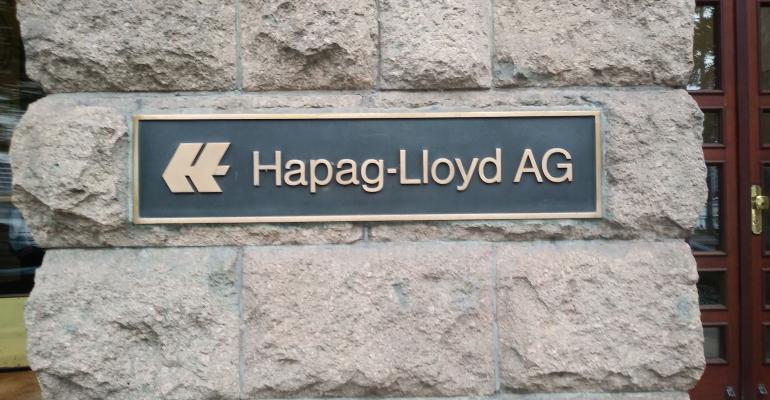The Hamburg-headquarted container line announced it would be gradually implementing a new Marine Fuel Recovery (MFR) mechanism from 1 January 2019 to replace existing fuel surcharges. With similar charges unveiled by other lines being denounced by shippers and forwarders for lacking transparency Hapag-Lloyd claimed its new charge would allow for “causal, transparent and easy-to-understand calculation of fuel oil costs”.
With the German line to primarily use low sulphur fuels to meet the 0.5% sulphur cap for its fleet of 226 ships it estimates an additonal fuel bill of $1bn annually based on a $250 spread in the price of low sulphur and high sulphur fuel per tonne.
Sign up for the seminar - Can going green save the green? - at Seatrade Maritime Middle East
“We embrace the level playing field and environmental improvements resulting from a stricter regulation, but it is obvious that this is not for free and will create additional costs. This will be mainly reflected in the fuel bills for low-sulphur fuel oil, as there is no realistic alternative for the industry remaining compliant by 2020,” said Rolf Habben Jansen, cep of Hapag-Lloyd.
“With our MFR, we have developed a system for our customers that we think is fair, as it allows for a causal, transparent an easy-to-understand calculation of fuel costs.”

The company said the MFR tookinto account various parameters, such as the vessel consumption per day, fuel type & price, sea and port days, and carried teu.
Apart from using low sulphur fuel Hapag-Lloyd is converting one LNG-ready containership in its fleet to run on gas and fitting two vessels with scrubbers.
Copyright © 2024. All rights reserved. Seatrade, a trading name of Informa Markets (UK) Limited.
Add Seatrade Maritime News to your Google News feed.  |

